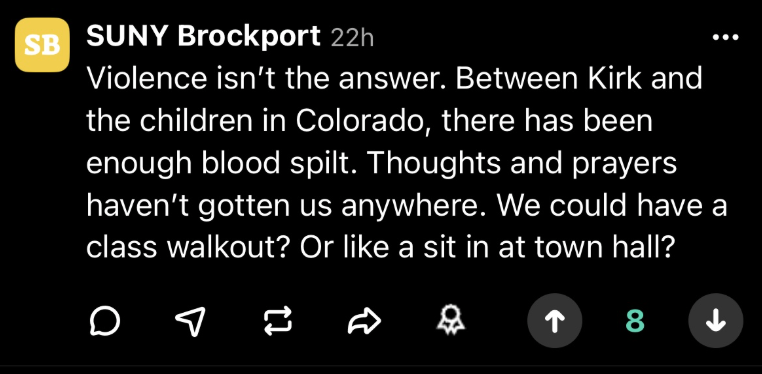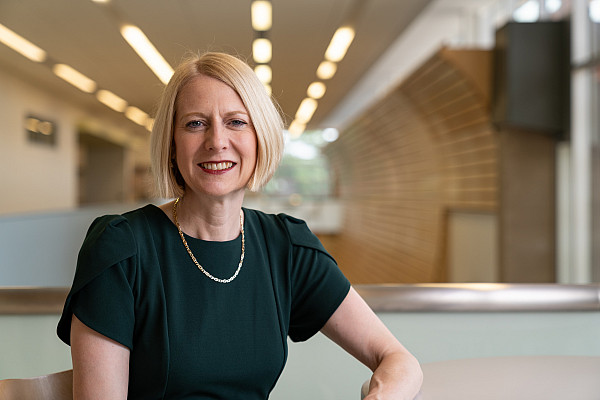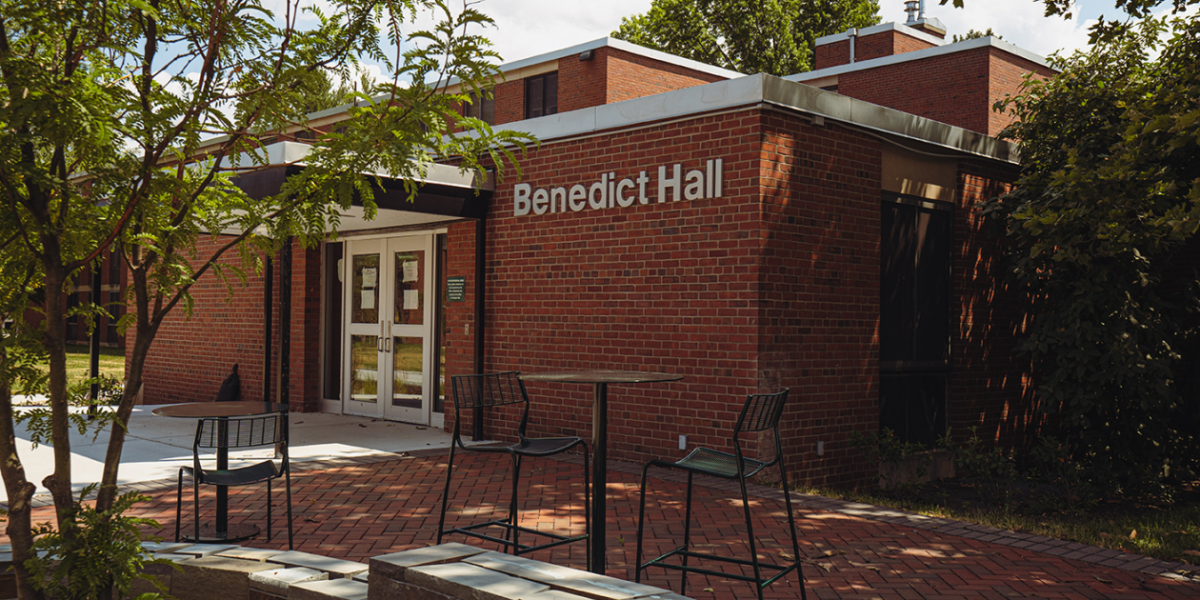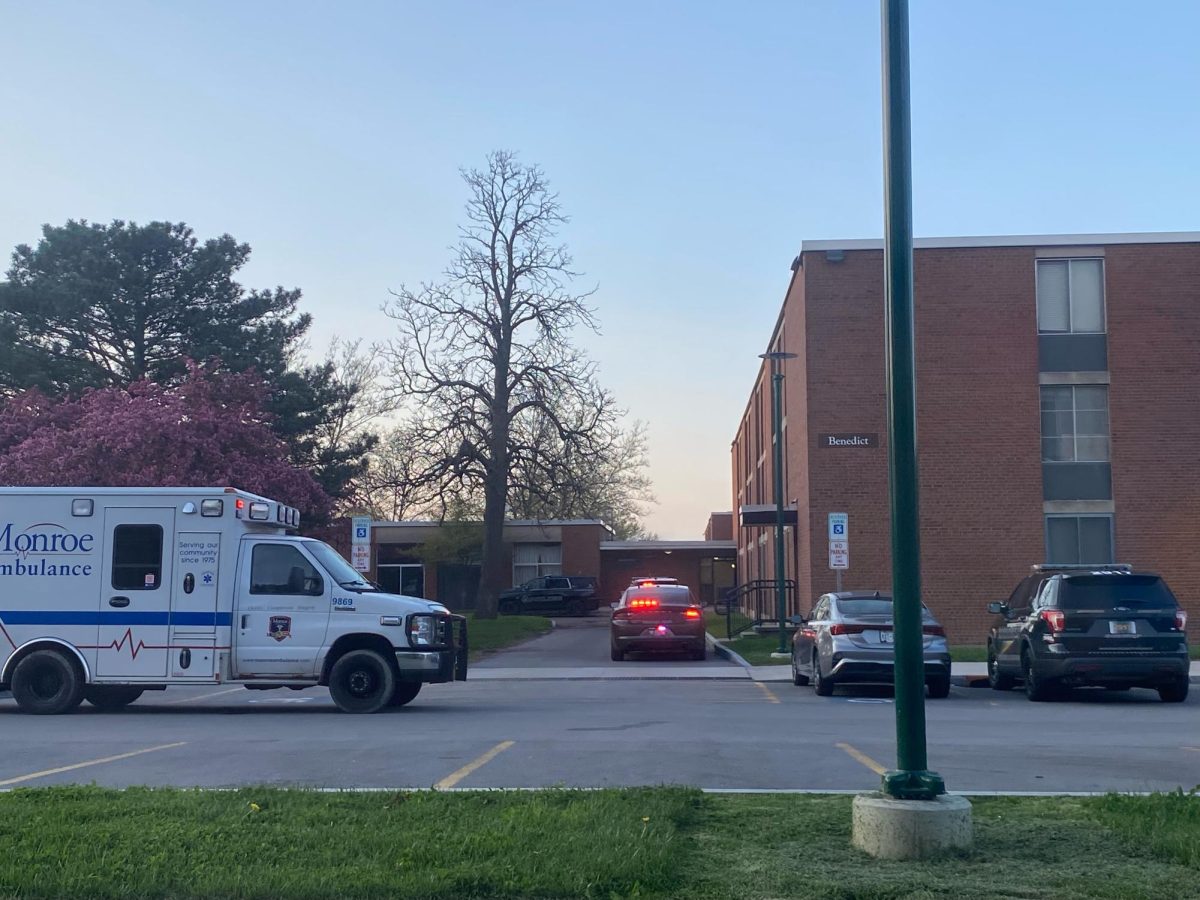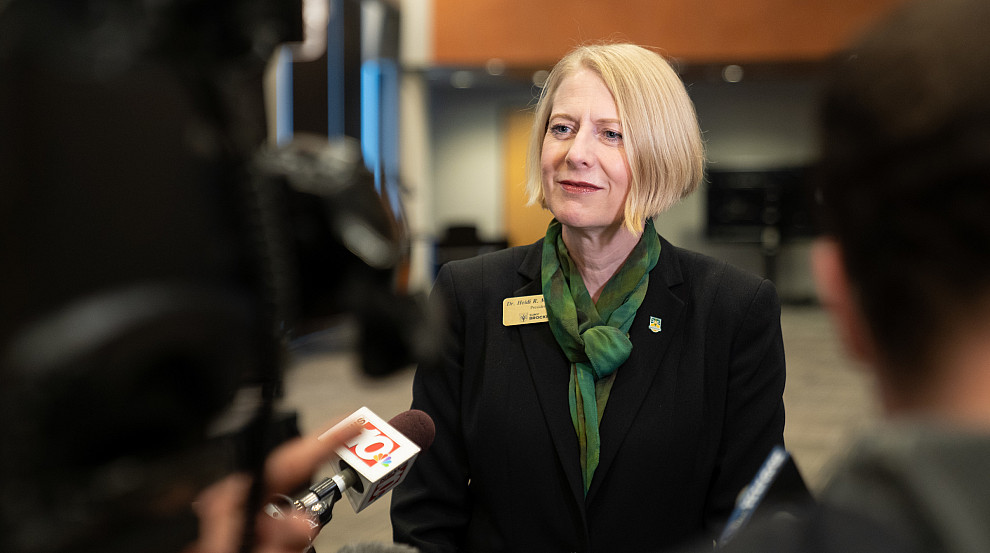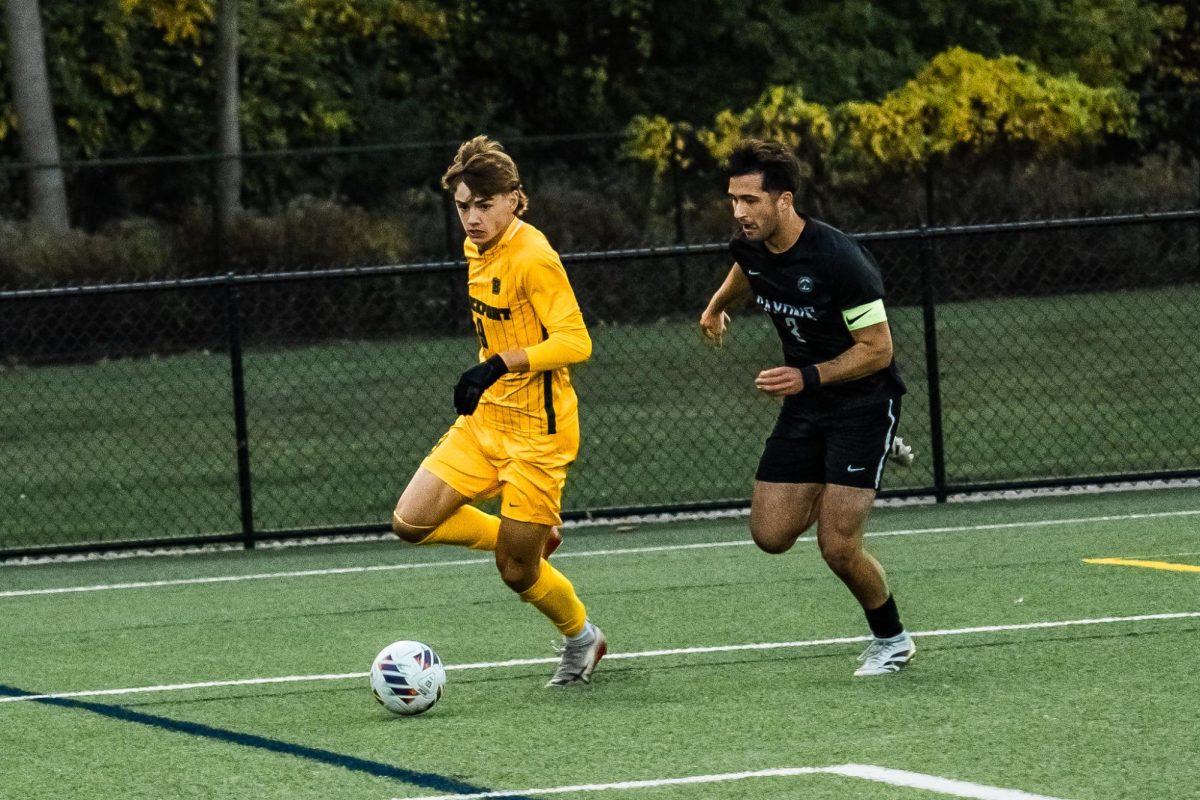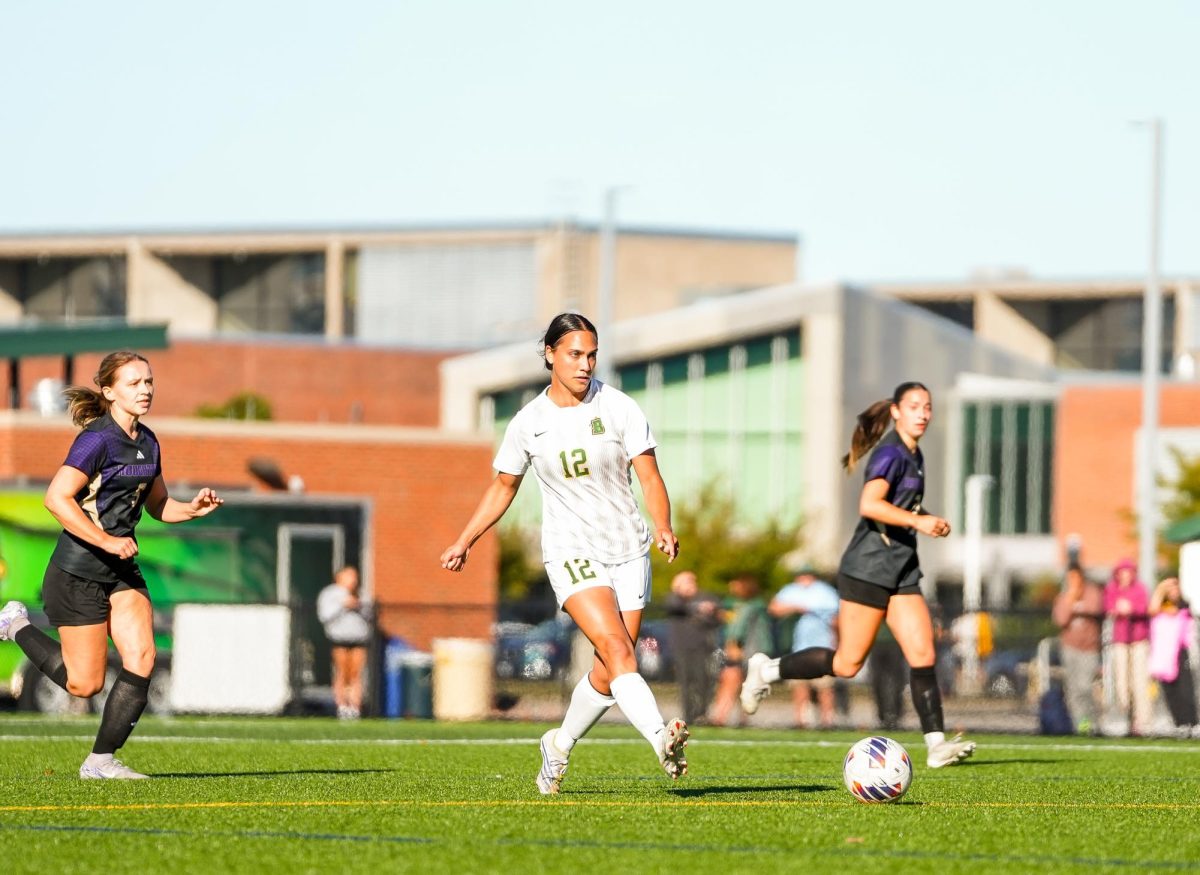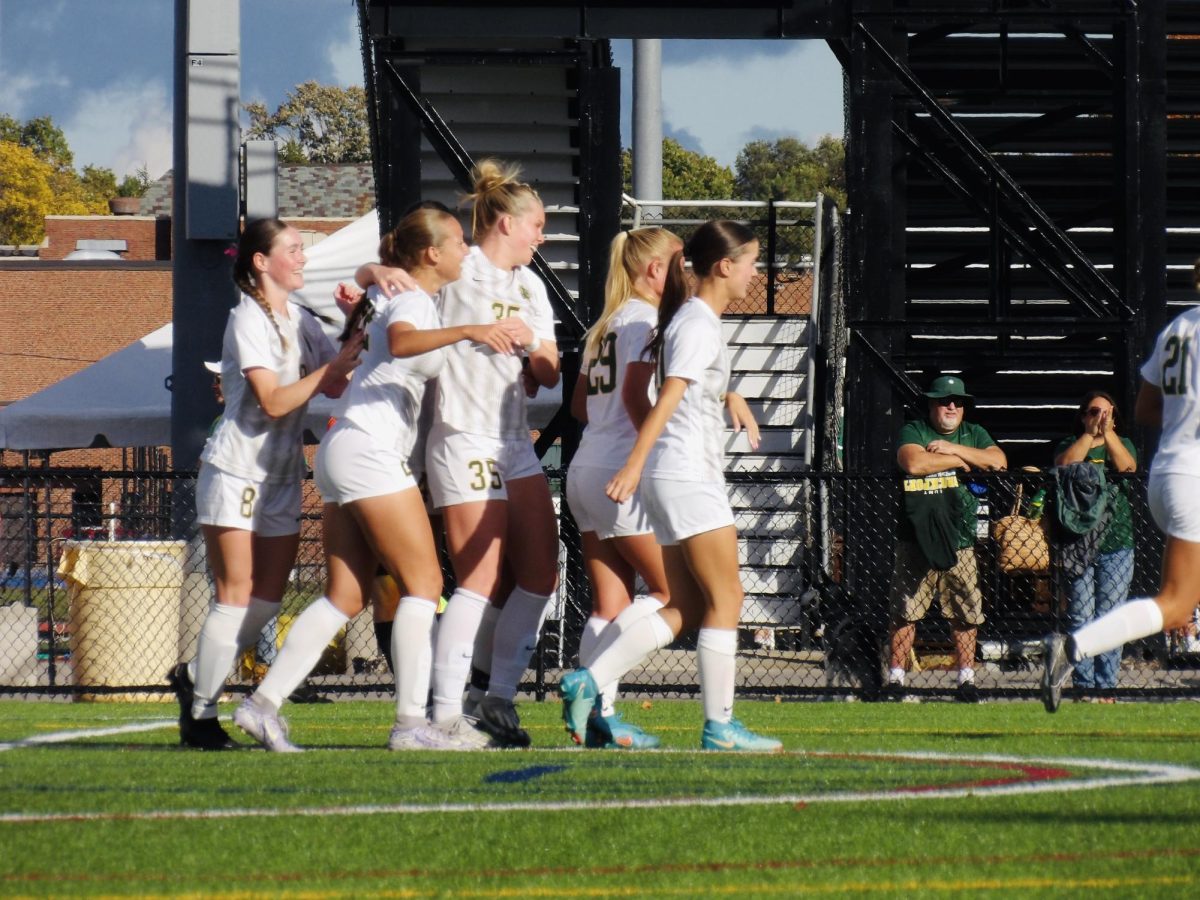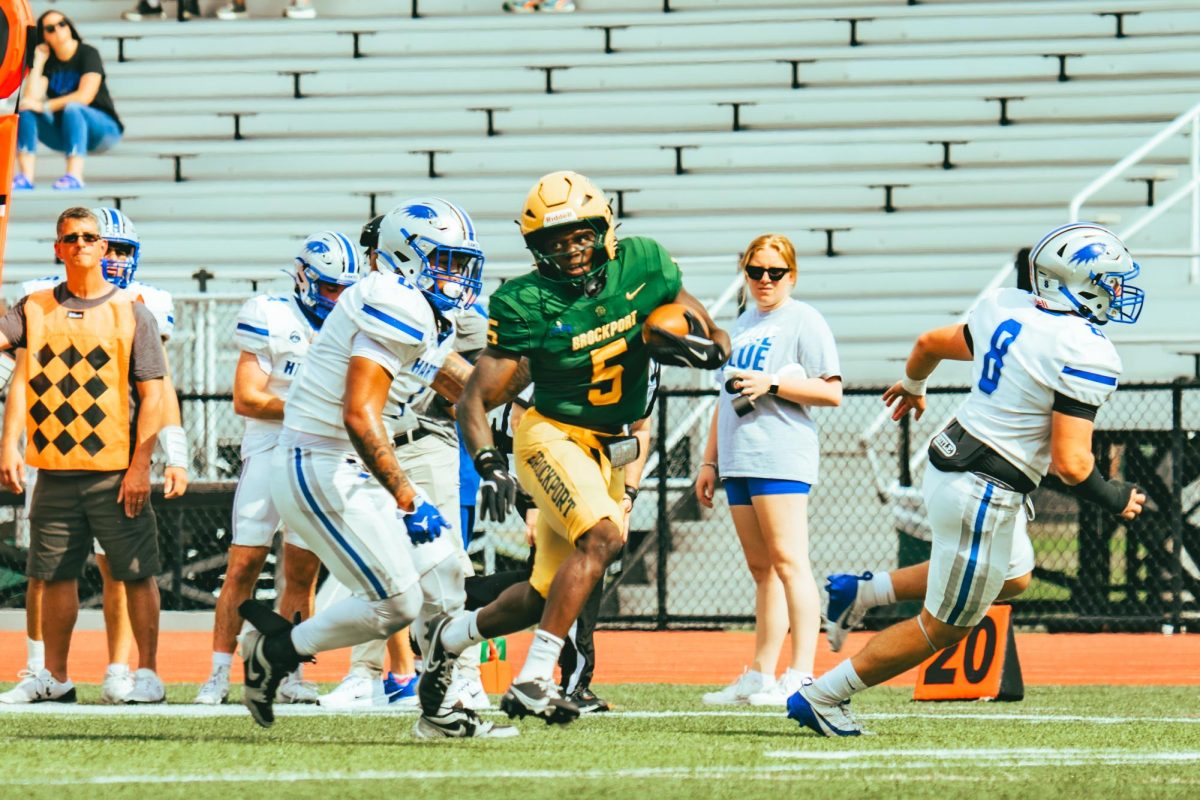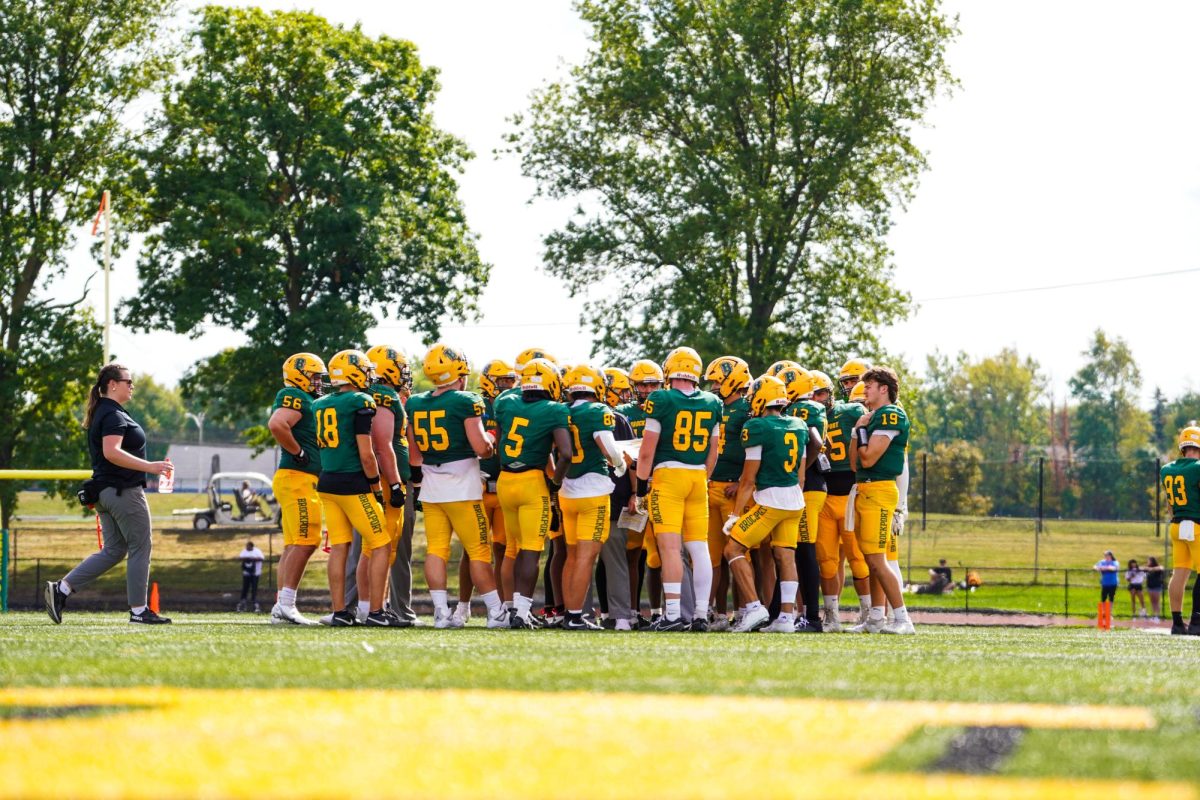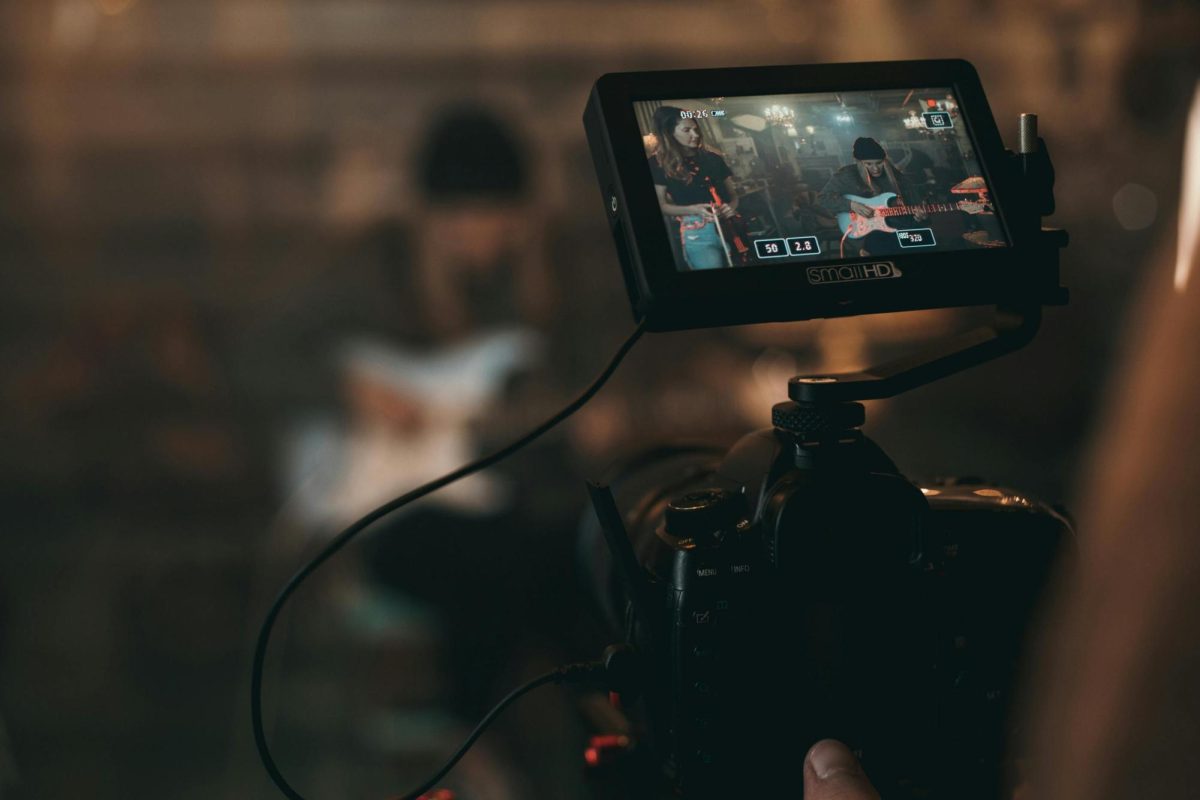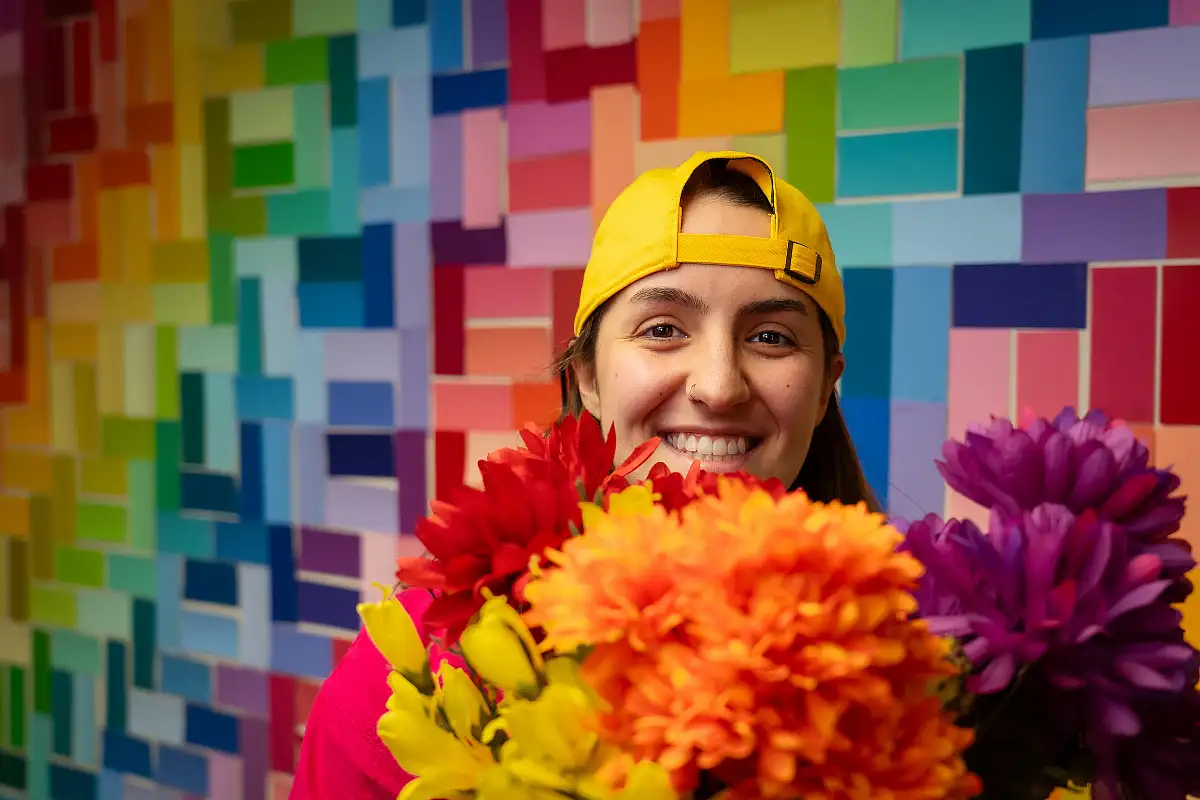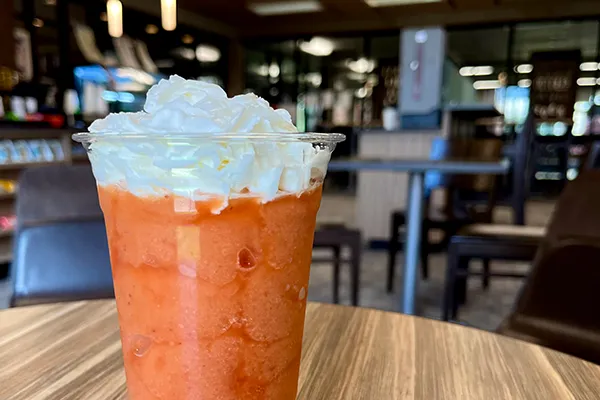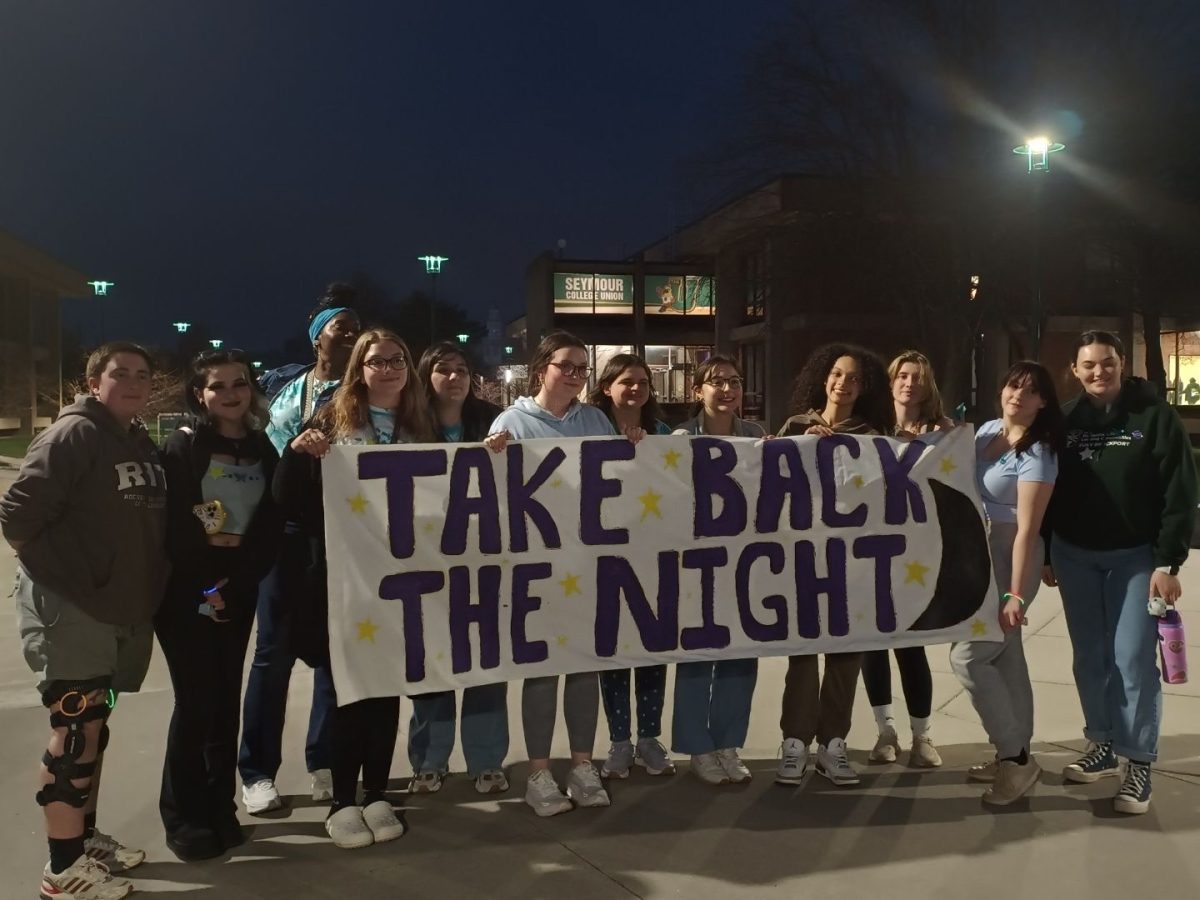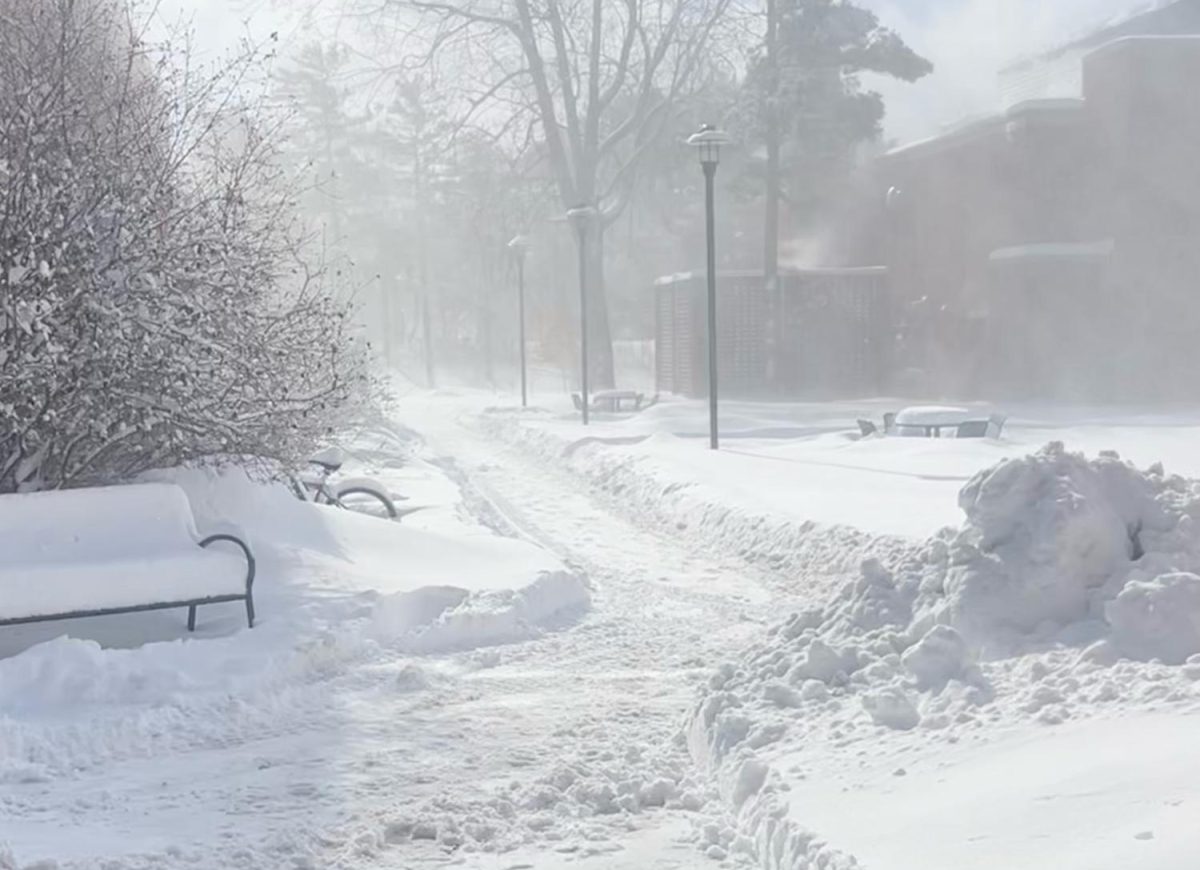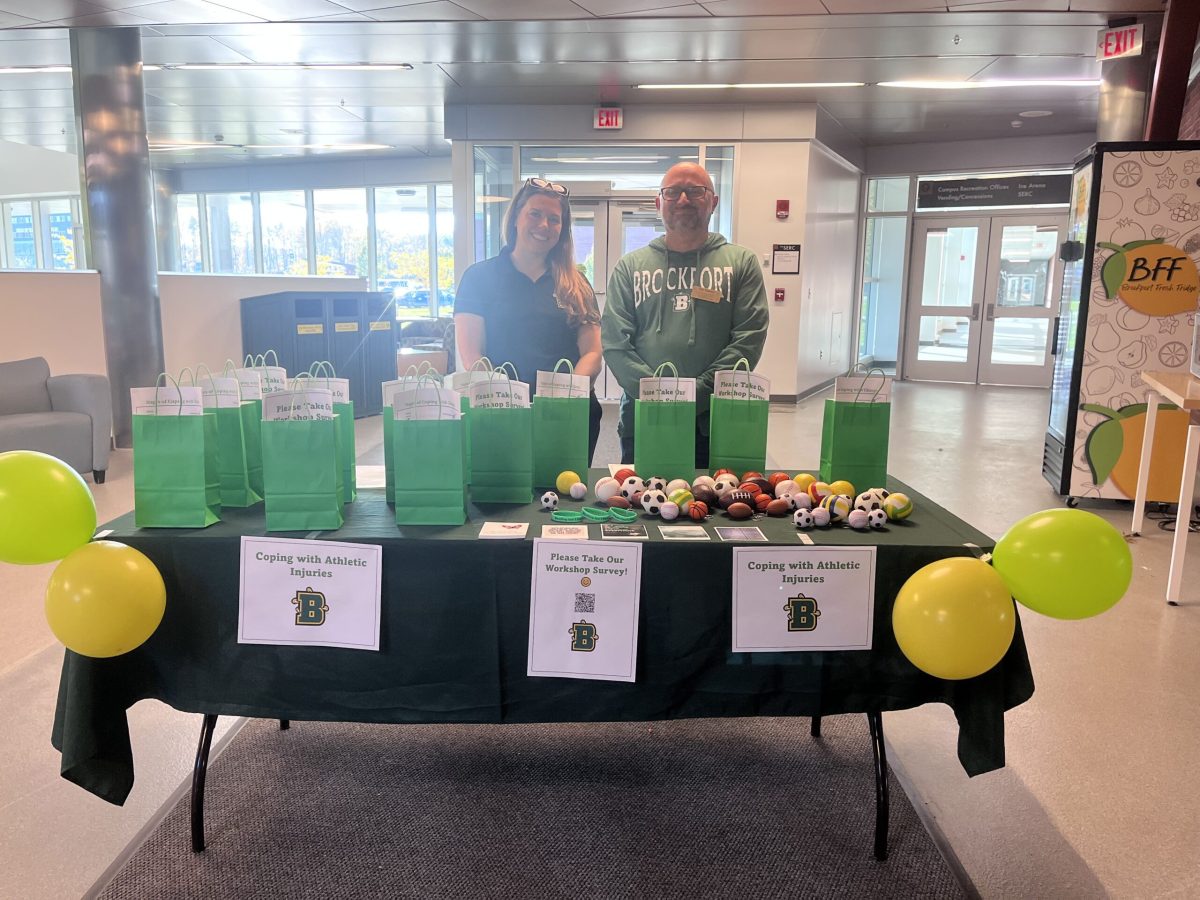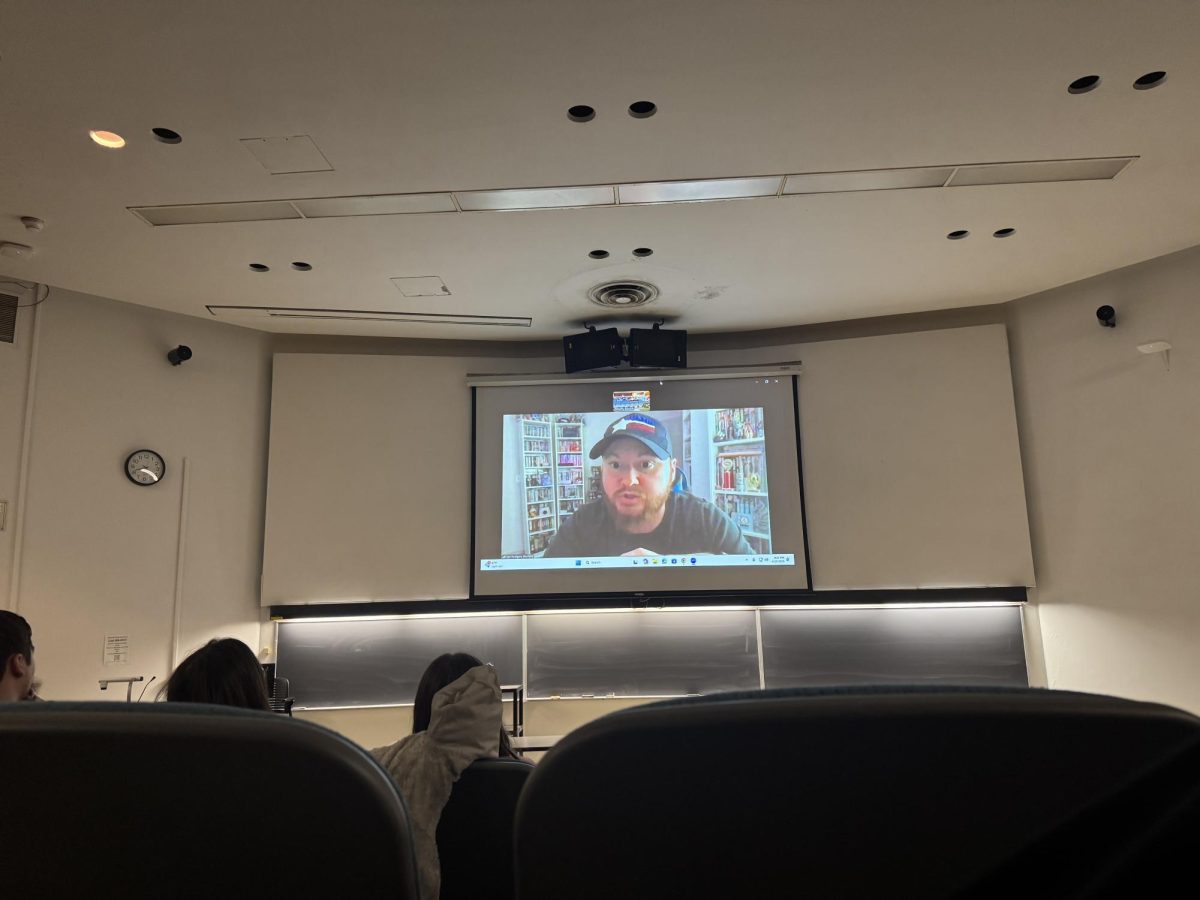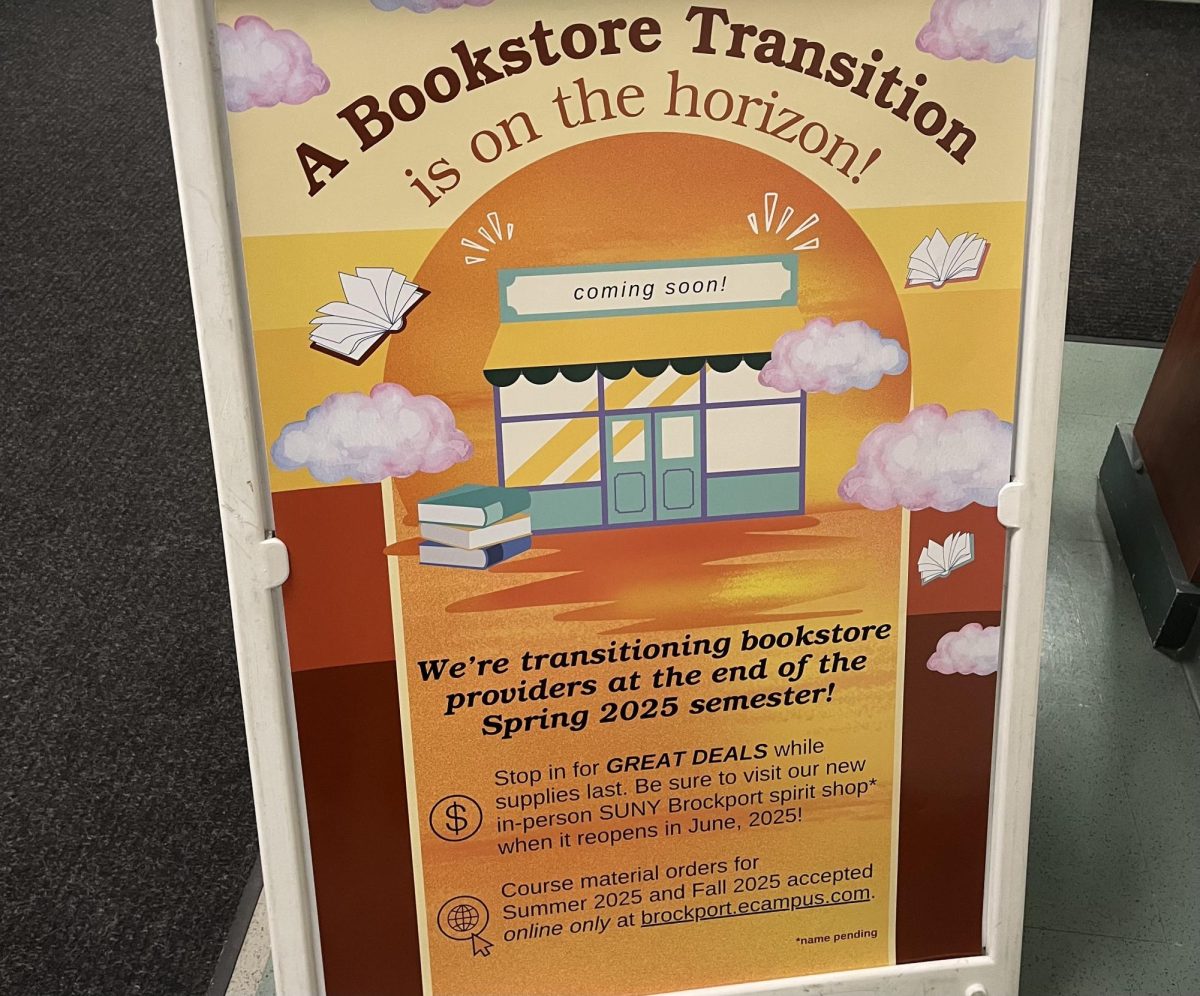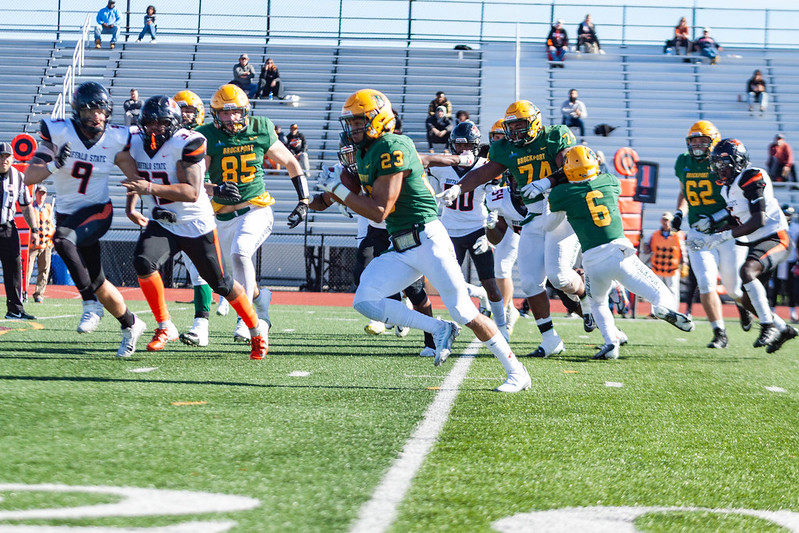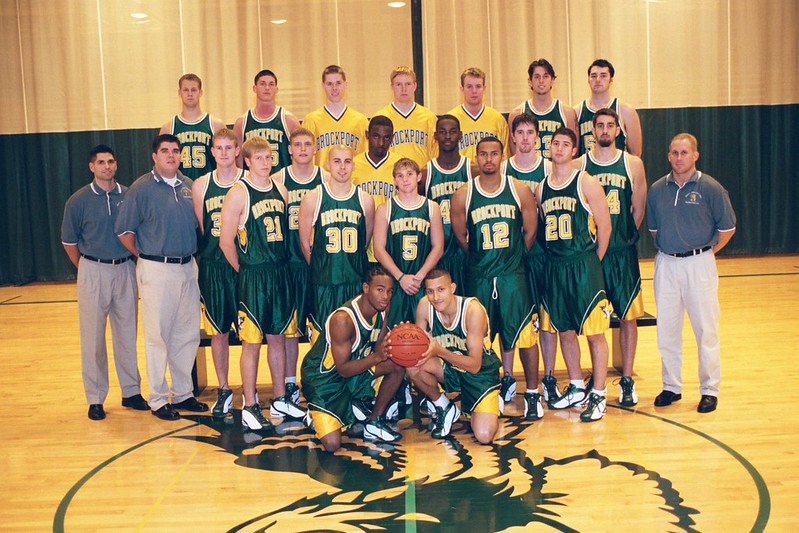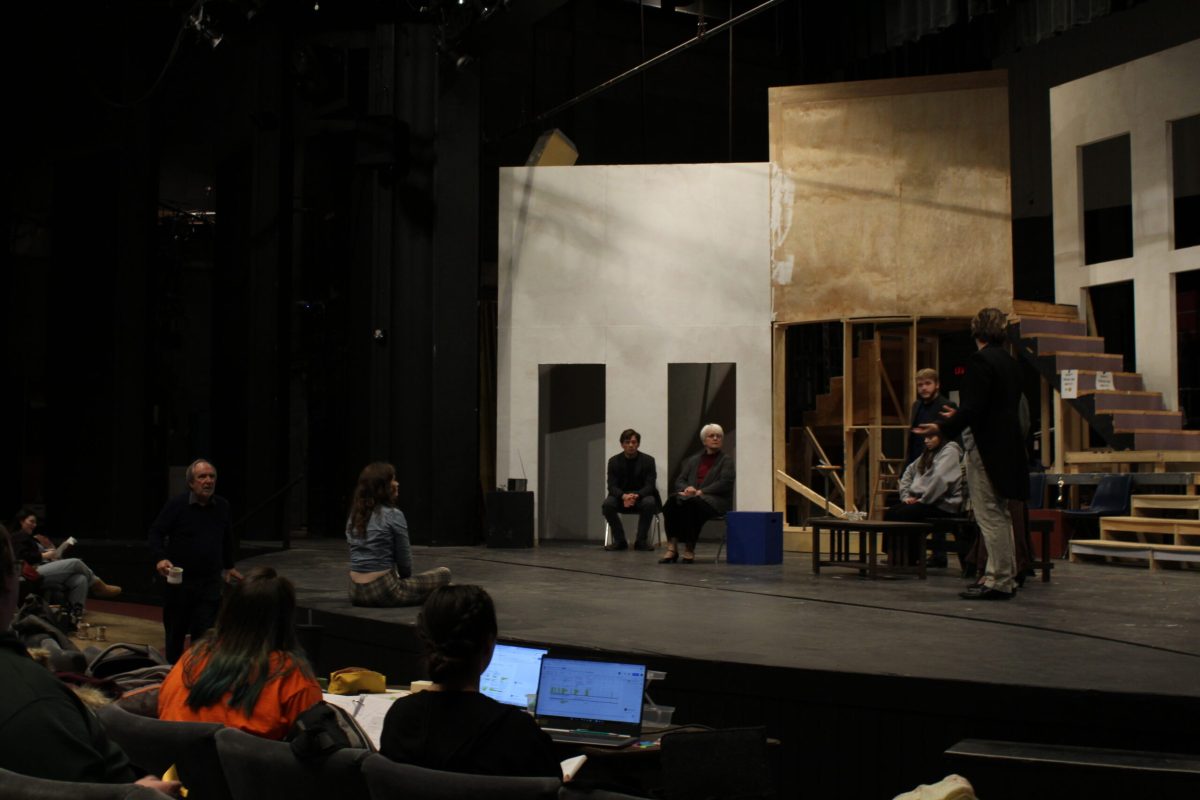Injuries among athletes are nothing new, they’re tragic and in a lot of cases life altering. Dealing with the aftermath of these injuries can be a struggle, but with the Coping with Athletic Injuries Workshop, students can learn ways to ease some of these hardships.
Friday Oct. 26 at the kinetic Cafe located in Tuttle, Mental Health Counselor and Athletics Counselor Shannon Niles hosted her first workshop, “Coping with Athletic Injuries” with help from intern Tony Tepedino.
Niles believes it’s important to continue to educate student athletes about coping mechanisms and is planning to incorporate more similar workshops in the next semester.
Being a former student athlete herself, Niles knows the struggles associated with the title. Her background has helped her pursue a career helping the new generation of athletes.
“I do double duty. I am in my office here in Hazen with everyday students and clients, then I go to Tuttle, to my second office location where I focus mainly on the student athletes. Some of that includes outreach. If coaches reach out to me and want some psycho education workshops, just kind of pop in and see what the need is,” Niles said.
Tepedino is an intern for the Hazen Center. Although he is not looking to specialize in athletics, he was more than willing to help as he is also a former athlete.
“I played sports my whole life, I’ve been injured as well and have been hospitalized because of athletic injury. I coached a variety of different sports, so I have a pretty lengthy background with athletics,” Tepedino Said. “I want to lean into that a little bit more and do more work with students or with young people that are dealing with injuries. I think it’s an area that gets overlooked and it’s hard.”
Being an Athletics Counselor, Niles does a lot of work with coaches and athletic trainers to help better the student athletes.
“We do a lot of outreaches here and every person is stationed with a different population. They asked me what I want to do for a workshop, and I thought what better than focusing on healing from injury and how to cope with the injury,” Niles said. “I want to know what is impacting them most. What is their identity now? Where do they go after this? Or what if they can’t play for a while? That impacts mental health so much because that’s their lifeline to their teammates, their friends, their social network, their physical health, so it impacts a lot. I thought this would be a really dynamic workshop to kind of outreach on that mental health basis.”
Niles knows that for an athlete, asking for help can be hard. She wants to eliminate any stigma associated with the simple act. Athletic injuries are not only physical, and many don’t anticipate that. Mental health is a large aspect of injuries and recognizing this can make the act of coping and recovering much smoother.
“There’s a stigma within athletics to have that, no pain, no gain kind of thing. Just rub some dirt in it and keep going,” Niles said. “We can work with students to make sure their mental health and physical health is one cohesive unit so that we can continue to make them you the best athlete you can be.”
Niles felt it was important to focus this workshop on the mental health aspect as well as physical because she believes it’s not talked about enough. Some students don’t realize they are affected in their daily lives. Niles aims to emphasize the importance of reaching out for help to overcome underlying feelings.
First year student Olivia Magin who visited the workshop has recently had one of the most common injuries on the soccer field, resulting in her season being cut a bit short.
“The ball was coming to my side, my teammate went to pass it to me, and I went to turn to her and tore my ACL. No contact or anything,” Magin said, “I’ve never really had to sit out and watch my team, so that is definitely not fun especially being a freshman, I feel like I’m just getting behind. I wouldn’t say I’m mad about it, I kind of got over that but it still doesn’t feel real. I am sad about it.”
Magin expressed that while her knee definitely hurt, it wasn’t the only pain she felt during the time of the injury. Visiting the workshop and getting those feelings out are a great way to not only come to terms with the situation, but also learn where to go from here.
Injuries will always be an inevitable part of sports. There are some things you can’t control on the field, but what you can control is how you deal with the aftermath of the situation. These workshops are a great asset and could help in more ways than one. Look out for the next “Coping with Athletics Workshop,” it could be just what you need.

